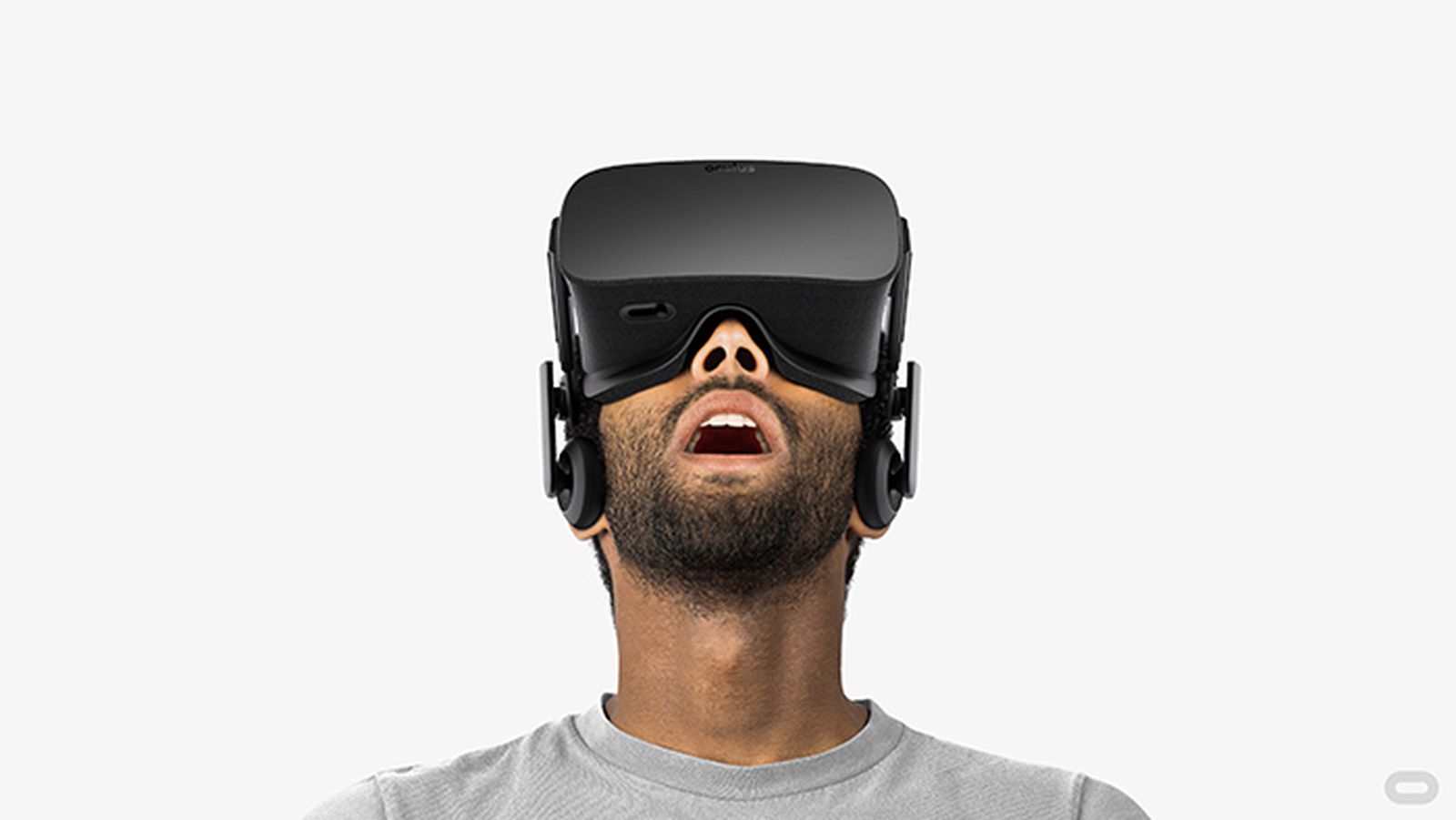Ah, I see. That makes sense that after a while, your brain would just stop trying to interpret things that way.That's one area where I could see something like this helping the disabled, even mild vision problems. Smart focusing glasses, but it'll be awhile, not a V1.
There's a big problem with that, while it could show the image to me in the right way, even as f'd up as my eyes are (Duane Syndrome), but my brain wouldn't know how to handle it. It's been kind of proven that correcting vision in severe strabismus cases over a certain age, it doesn't let them see in 3D. Humans learn that very young as our brains are being wired to the world.
It's a cool thought though. I truly wonder if it's that much different.
But not being able to see in 3D isn't so bad, it's nothing different than normal past 20 or 25 feet, then everyone sees distances by perspective. That's the way I see in close and it doesn't look anymore flat than I suspect it does to others. Unfortunately the 3D image trick just looks like 2 unrelated separate images to me.
As to how much it is different, I would not say it is radically different. For those of us with stereoscopic vision, we can see the 3D in movies that include it but don’t really miss it all that much in a 2D movie. With monocular vision you can approximate some of it by moving your head from side to side a little and focussing on how things at different distances shift relative to each other. You are spot on about stereo being useless at longer distances. We’d have to have eyes on stalks to see it further out. 😊
My father lost an eye as a child and it never seemed to hold him back. He was a machinist, a carpenter, a hunter, and he raced cars now and then. He didn’t seem to struggle in any of those tasks. I can certainly see why someone would not be bothered to much about not seeing in stereo.


 pple stockholders! love it!
pple stockholders! love it!